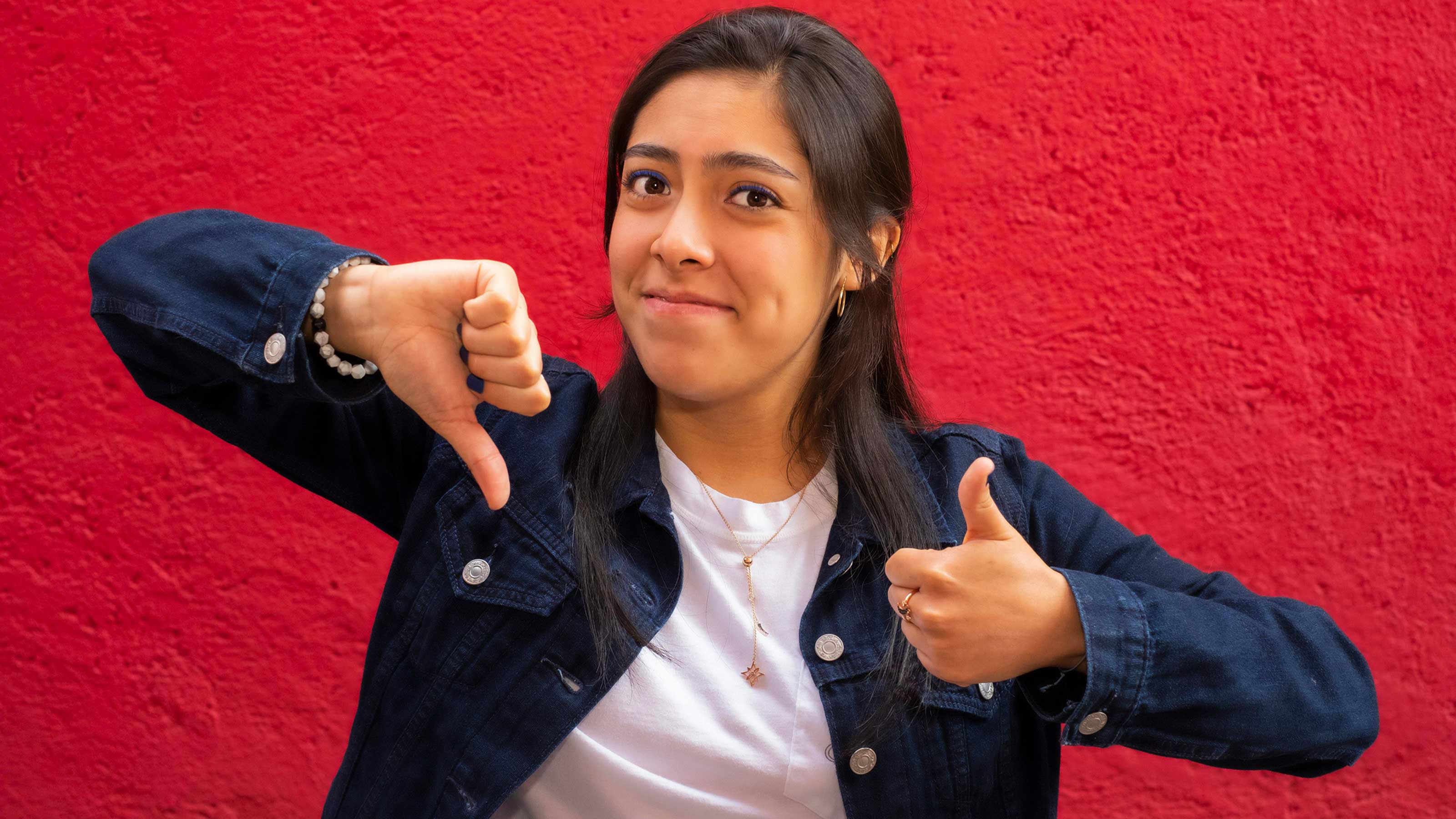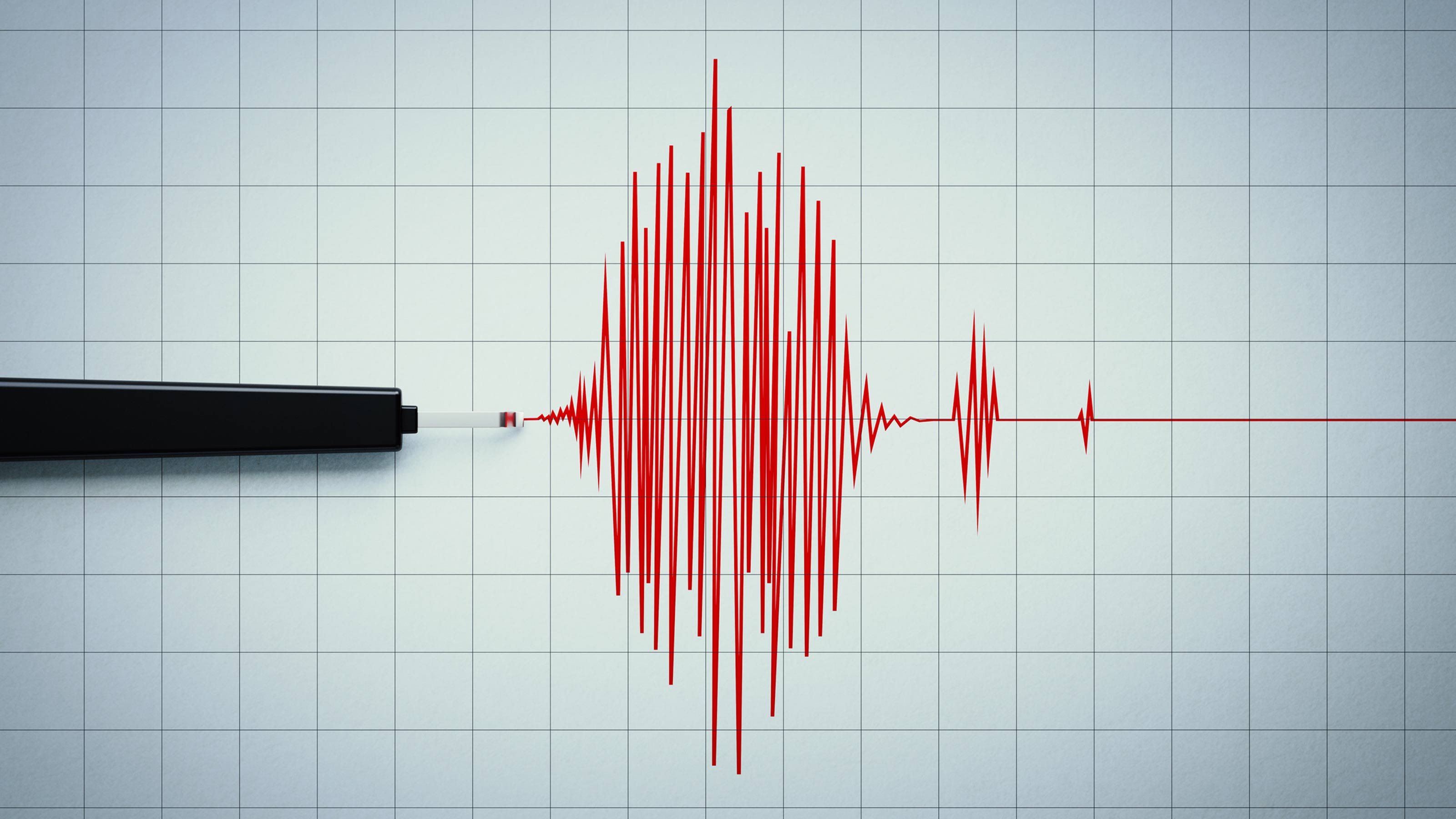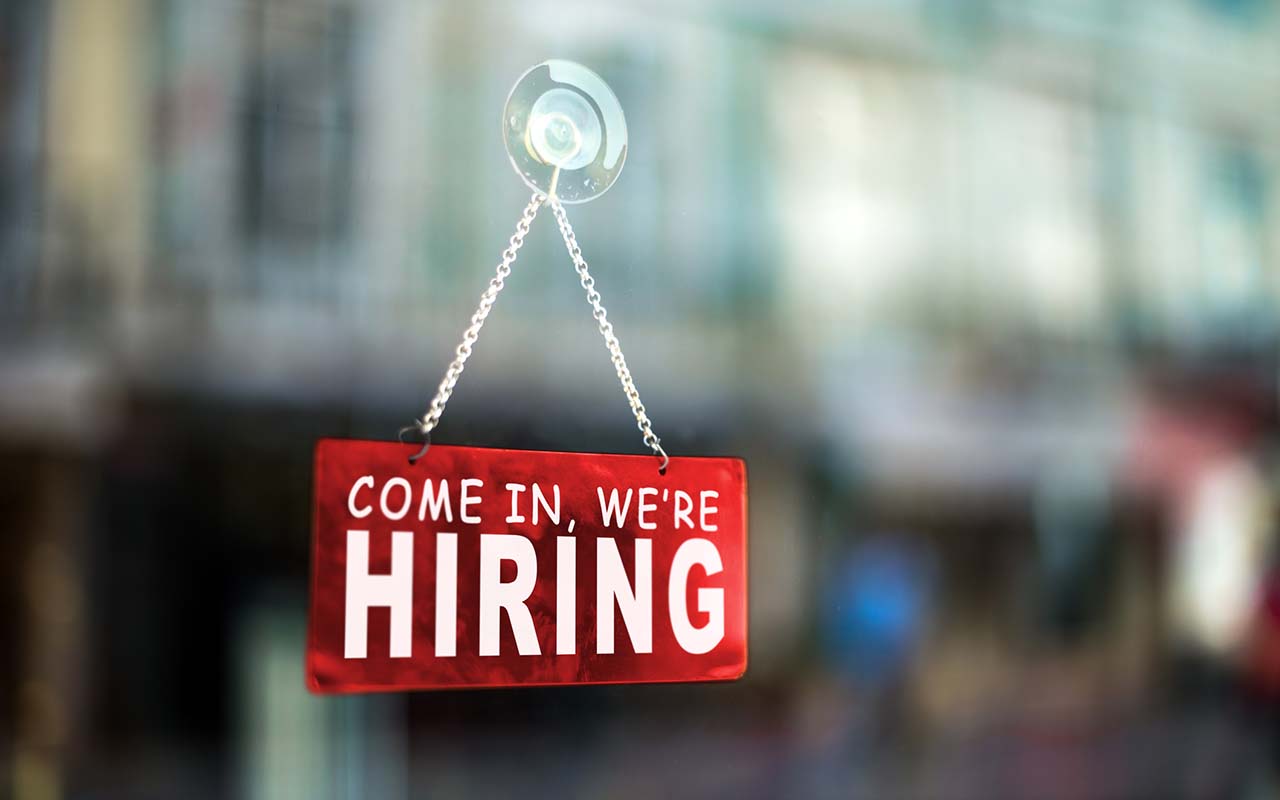Profit and prosper with the best of Kiplinger's advice on investing, taxes, retirement, personal finance and much more. Delivered daily. Enter your email in the box and click Sign Me Up.
You are now subscribed
Your newsletter sign-up was successful
Want to add more newsletters?

Delivered daily
Kiplinger Today
Profit and prosper with the best of Kiplinger's advice on investing, taxes, retirement, personal finance and much more delivered daily. Smart money moves start here.

Sent five days a week
Kiplinger A Step Ahead
Get practical help to make better financial decisions in your everyday life, from spending to savings on top deals.

Delivered daily
Kiplinger Closing Bell
Get today's biggest financial and investing headlines delivered to your inbox every day the U.S. stock market is open.

Sent twice a week
Kiplinger Adviser Intel
Financial pros across the country share best practices and fresh tactics to preserve and grow your wealth.

Delivered weekly
Kiplinger Tax Tips
Trim your federal and state tax bills with practical tax-planning and tax-cutting strategies.

Sent twice a week
Kiplinger Retirement Tips
Your twice-a-week guide to planning and enjoying a financially secure and richly rewarding retirement

Sent bimonthly.
Kiplinger Adviser Angle
Insights for advisers, wealth managers and other financial professionals.

Sent twice a week
Kiplinger Investing Weekly
Your twice-a-week roundup of promising stocks, funds, companies and industries you should consider, ones you should avoid, and why.

Sent weekly for six weeks
Kiplinger Invest for Retirement
Your step-by-step six-part series on how to invest for retirement, from devising a successful strategy to exactly which investments to choose.
For the first time since the Great Depression, Americans actually spent more than they made in 2005. According to the Bureau of Economic Analysis, the nation's personal savings rate dipped into negative territory last year, a phenomenon that has otherwise been seen only in 1932 and 1933.
Yet the virtues of saving for a rainy day are just as strong now as they've ever been, particularly for young adults whose lives and financial demands are constantly in flux. Within the space of just a few years, we are graduating from college, starting careers, paying off student loans, buying our first cars, moving cross-town or cross-country, starting to invest for retirement, furnishing our first apartments, buying our first homes, getting married, starting families ... the list goes on. Each year may bring a new challenge, whether expected or unexpected. So when it comes to your financial well being, it pays to follow the Boy Scout motto: Be prepared.
Everyone should have a cushion of cash to fall back on in case of an emergency. You'll want to have enough money on hand to cover at least three- to six-months' worth of living expenses. That means enough to cover your mortgage or rent, food, utilities, debt payments and other regular expenses you can't put off even in an emergency. Not to be a doomsayer, but, for example, you may lose your job, face unexpected medical bills, need a costly car repair or a last-minute flight to attend a funeral. (Calculate how much you should save.)
From just $107.88 $24.99 for Kiplinger Personal Finance
Become a smarter, better informed investor. Subscribe from just $107.88 $24.99, plus get up to 4 Special Issues

Sign up for Kiplinger’s Free Newsletters
Profit and prosper with the best of expert advice on investing, taxes, retirement, personal finance and more - straight to your e-mail.
Profit and prosper with the best of expert advice - straight to your e-mail.
Having that financial foundation provides a sense of freedom, too. A professor of mine in college hammered home the point when she encouraged us to start saving up a "go-to-hell fund" after graduation. Somewhere along your career path, she reasoned, you might be faced with pressure to compromise your ethics. Rather than feel you have to keep a job just for the money, a stash of cash would give you the confidence to quit and, well, tell your employer where to go, if necessary.
How to get started
Before you even think about investing your money, you should have your emergency savings underway. Yes, it's best to start investing in stocks and mutual funds as soon as possible, but laying your financial groundwork is even more important.
That doesn't mean you should have the full three- to six-months' worth of expenses amassed before you can do anything else -- that could take years. Instead, focus on saving at least $1,000 in your emergency fund to start. Then you can afford to divide your extra cash each month between your savings and investing, steadily building up each to reach your goals. (Learn more about how to invest in small amounts.) Once your emergency fund is fully stocked, you can put the full monthly allocation into investments.
If you have high-interest credit card debt, however, you should aim to pay it off as soon as possible. But don't let your savings fall by the wayside. Having a $1,000 cushion in place could actually help break your dependence on credit cards because you won't need to lean on them when an unexpected cost arises. Once you have a small cash cushion, put as much money as possible toward your credit cards to wipe out that debt entirely. Then refocus your energy on bulking up your emergency fund and branching out into investing. Learn more about how to set financial priorities.
Finding the money to build your financial foundation is one of the biggest obstacles to getting started. With these three strategies, you'll be well on your way:
Pay yourself first. Get in the habit of setting aside a fixed amount from each paycheck -- before you spend it on anything else. You might even be able to channel it directly into your savings account via direct deposit. Or, your bank may allow you to set up an automatic savings plan where it will take a fixed amount on a set day each month out of checking and put it into your savings. A nice rule-of-thumb is to aim to save at least 10% of your pay. Of course, if you can save more, you'll reach your goal sooner. And if you can't afford that much, save what you can. A little bit adds up quickly when you save on a regular basis.
Plug spending leaks. Track your spending for a couple of months to see where your money is going. You can use a software program such as Quicken or simply go over your bank statement with a fine-tooth comb. Your bank may even do this for you. Wells Fargo, for example, provides a handy breakdown of your spending that you can view online. Once you know where your money is going, you can look for areas to cut back and put the money you save into your fund. Maybe that means packing a lunch to work, making fewer trips to the ATM or forgoing your daily latte in favor of a home brew. Look for big-ticket ways to save, too, such as reshopping your car insurance or consolidating your student loans.
Save "extra" money. Getting a tax refund or job bonus this year? Sock it away. And when you get a raise, don't increase your spending -- stash the extra income into your savings account. The same goes for when you pay off a bill. Say you had been paying $50 a month on a credit card and you finally pay off the balance. Take that $50 and contribute it to savings.
The key is to get started saving something, no matter how little.
Where to stash your cash
When you're ready to set up your savings, look for a place that offers these three key features:
- Accessibility. By definition, an emergency is something you do not anticipate, so you want to keep your money someplace where you can get to it -- but it shouldn't be too accessible. Set up a new account specifically for this purpose. Simply earmarking money within your checking account may tempt you to dip into your stash unnecessarily.
- Safety. The idea is to preserve your money. So investing in the stock market with all its ups and downs provides no guarantee the money will be there when you need it. You want to keep it some place stable with zero risk of depreciation.
- Profitability. You don't want the money to sit stagnant. After all, three- to six-months worth of living expenses can add up to quite a nice chunk of change. Forgo the "under-the-mattress" strategy in favor of an account that will pay a nice rate on your savings.
Looking at these three points, traditional bank savings accounts just don't measure up. Sure, they're accessible and safe, but you'll earn next-to-nothing on your deposits. Instead, one of your best options is to store your cash in a high-yielding money-market account, such as Emigrant Direct (currently yielding 5.15%) or ING Direct (4.35%). (Shop for other high rates.) These two particular FDIC-insured offerings operate purely on the Internet to keep costs low and rates high. They're free to join, and they link to your checking account at your bank -- you simply transfer the money in and out online. Transfers take between two to four business days to clear. These institutions aren't fly-by-night operations, either. Emigrant Direct is run by New York City's Emigrant Bank, and ING Direct is a division of Dutch financial firm ING -- each of which has been around at least 150 years.
You also can probably forgo a traditional money-market mutual fund. Lately, the average money market fund has yielded less than the online money-market accounts above. Plus, with a fund, you have to pay fees to maintain your account. Although these are generally considered safe investments, your money is not insured. However, a money-market fund with check-writing privileges allows you to write a draft any time without waiting for an online money transfer to go through.
And what about CDs? Certificates of deposit at a bank are safe and they earn good yields, but they don't satisfy the accessibility requirement. Your money is tied up for the term of the CD, and you'll have to pay a penalty to cash out early. Unless you know exactly when you're going to need your money, it's best to keep it unshackled.
Profit and prosper with the best of Kiplinger's advice on investing, taxes, retirement, personal finance and much more. Delivered daily. Enter your email in the box and click Sign Me Up.

-
 Dow Adds 1,206 Points to Top 50,000: Stock Market Today
Dow Adds 1,206 Points to Top 50,000: Stock Market TodayThe S&P 500 and Nasdaq also had strong finishes to a volatile week, with beaten-down tech stocks outperforming.
-
 Ask the Tax Editor: Federal Income Tax Deductions
Ask the Tax Editor: Federal Income Tax DeductionsAsk the Editor In this week's Ask the Editor Q&A, Joy Taylor answers questions on federal income tax deductions
-
 States With No-Fault Car Insurance Laws (and How No-Fault Car Insurance Works)
States With No-Fault Car Insurance Laws (and How No-Fault Car Insurance Works)A breakdown of the confusing rules around no-fault car insurance in every state where it exists.
-
 Four Smart Steps To Take Before Buying Your First Home
Four Smart Steps To Take Before Buying Your First Homehome Buying your first home can be daunting. Here are four things you need to do years before you start house-hunting to prepare financially for the biggest purchase of your life.
-
 Was the Pandemic Really a Good Thing for Some (Financially Speaking)?
Was the Pandemic Really a Good Thing for Some (Financially Speaking)?personal finance On a financial level, several good things came out of the pandemic for a number of people. Savings ballooned. Debts were paid down. To continue on that financially healthy path, follow these five simple steps.
-
 When A ‘Lifequake’ Hits: What to Do When Your Whole World Breaks Open
When A ‘Lifequake’ Hits: What to Do When Your Whole World Breaks Openpersonal finance If life has thrown you for a financial loop, how do you pick up the pieces? One at a time. Start small and you’ll be amazed how you can bounce back from a job loss, foreclosure or recession.
-
 Where to Put Your Money Now: Our 2020 Midyear Investing Outlook
Where to Put Your Money Now: Our 2020 Midyear Investing Outlookinvesting The market is finding its way in a changed landscape. Our advice: Tilt toward stocks rather than bonds and cash, and favor U.S. over international holdings.
-
 37 Major U.S. Companies Hiring Now to Meet Coronavirus Demand
37 Major U.S. Companies Hiring Now to Meet Coronavirus Demandjob search The coronavirus is exacting a nasty toll on U.S. employment, but dozens of companies continue to announce thousands of new jobs and are hiring now. Here's the latest look at who's hiring.
-
 How to Get Your First Credit Card
How to Get Your First Credit Cardcredit & debt Plus, how to use it wisely and earn the lowest interest rates.
-
 5 Smart Ways to Boost Profits at Your Lemonade Stand – or Any Small Business
5 Smart Ways to Boost Profits at Your Lemonade Stand – or Any Small Businessbusiness Make your lemonade stand stand out from the pack with these simple tips.
-
 How to Refinance Your Student Debt
How to Refinance Your Student Debtcredit & debt Consolidating student loans can reduce paperwork and lower your monthly bill.
